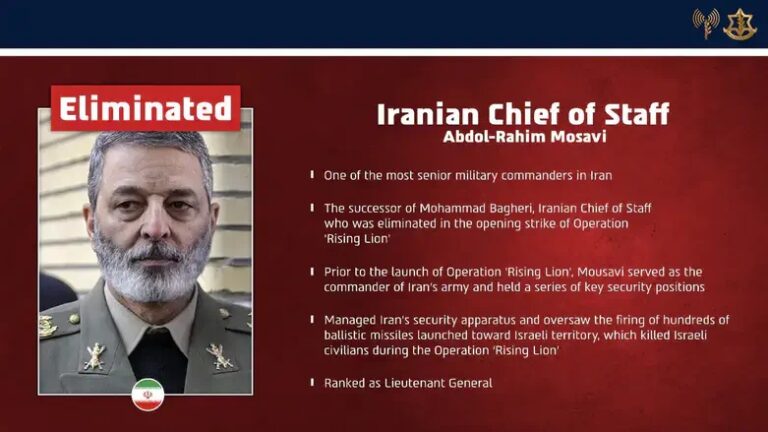The Torah contains many teachings about life, family, and justice. One of the topics it speaks about clearly is inheritance. Inheritance means passing on money, land, or other property from parents to children after they die. The Torah explains how this should be done fairly, especially within families, to keep peace and respect among people.
Who Inherits According to the Torah?
The Torah gives clear rules about who should inherit a person’s belongings. In the Book of Numbers (27:8–11), it says that if a man dies, his sons are the first to inherit his property. If he has no sons, then the inheritance goes to his daughters, including any assets, monies and properties and any existing funding for businesses.
If there are no daughters, the property goes to his brothers, then to his father’s brothers, and finally to the closest relative in his family. This shows that the Torah wants the inheritance to stay within the family, so the family name and property remain connected.
This law was given after the daughters of Zelophehad came to Moses and asked for their father’s land since he had no sons. God agreed with their request, and this became part of the Torah’s law. This moment shows that the Torah values fairness and listens to those who seek justice.
The Importance of the Firstborn Son
In Deuteronomy 21:17, the Torah says that the firstborn son should get a double portion of the inheritance. This means if a man has two sons, the firstborn gets two parts, and the younger gets one.
This law was made to honor the first child and recognize his special place in the family. Even if the father has a favorite son, he cannot give him more than the firstborn’s share unless the favorite is actually the firstborn.
The Torah and Fairness
While the Torah has strict rules, it also shows flexibility and fairness. For example, women were not originally given inheritance rights unless there were no sons.
But as seen in the story of Zelophehad’s daughters, God changed the rule to allow daughters to inherit if needed. This teaches that the Torah’s laws are not just about rules but also about doing what is right and just.
Modern Jewish Practice
Today, Jewish families sometimes follow the Torah’s laws about inheritance, especially in traditional communities. But in many places, people use wills and legal documents to divide property in ways that may be more equal.
If families have to pay a hefty inheritance tax bill, they may be able to access outside funding or loans, such as inheritance advances, to help cover their costs – there is nothing in Jewish law to forbid this.
A 2022 study showed that only about 35% of modern Orthodox Jewish families in the U.S. still follow Torah-based inheritance rules exactly. Another report from Israel in 2020 found that 62% of religious families used a written will to balance tradition with fairness among all children.
Conclusion
The Torah teaches that inheritance is not just about money—it is about family, fairness, and tradition. It gives clear rules but also shows that listening and doing what is right matters most. Through its stories and laws, the Torah reminds us that every person in a family has value, and that how we pass on what we have reflects what we believe.










